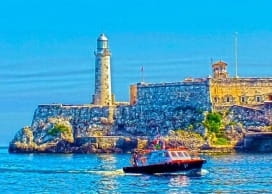
Havana ephemeris. September 28.
1852. Eduardo Facciolo Alba, who for defying colonial censorship and publicizing his ideas of freedom and independence in the press, was executed with a vile garrote, an inhumane method that consisted of slowly inserting a large screw into the back of the neck to break the vertebrae. He became one of the first martyrs of journalism in Cuba.
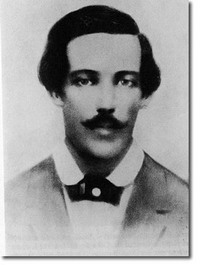
Born to a humble family on February 7, 1829 in the municipality of Regla, Facciolo began as an apprentice typesetter in a printing press that existed in front of the Palacio de los Capitanes Generales, but shortly after he obtained the skills of his trade and became into a careful and agile linotypist.
Facciolo, when he was only 23 years old, participated in the preparation of three issues of the clandestine publication La Voz del Pueblo, but on August 23, 1852, when he was working on the fourth issue, as a result of a denunciation, he was surprised and arrested. .
Eduardo Faccioso was sentenced on September 13, 1852 to death.
The courageous young man, even in the last moments of his life, showed great serenity when listening to the reading of his death sentence.
It has been detailed that he remained calm and even before he died he composed a patriotic poem entitled "To my mother".
1942. The painter Armando García Menocal dies in Havana.
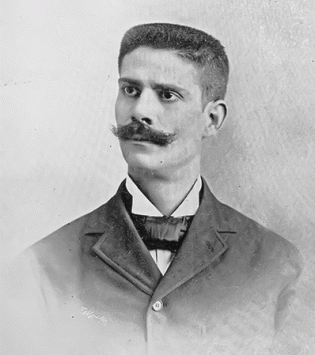
From the time of his youth he was considered a teacher. But neither the fame nor the honors he achieved in his chair at the San Alejandro School prevent him from marching to the fight for the independence of Cuba. In the insurgent ranks, the painter turned mambí gains the trust of Generalissimo Máximo Gómez and puts his painting at the service of any need of the war, regardless of how modest what he painted was.
He reached the rank of Commander in the independence war.
Currently, his work La muerte de Maceo is part of the funds of the Museum of the City of the Office of the Historian of Havana.
His birth occurred in Havana on July 8, 1868.
1954. The National College of Journalists, the Havana Reporters Association, the Cuban Press Association, the Journalist's Professional Insurance and the Manuel Márquez Sterling School of Journalism sign a joint letter to the Batista regime advocating the return of journalists in exile and pardon for imprisoned journalists.
Mentioned among the prisoners are Tomás Regalado, Francisco Cairol and César Lancis Bravo.
Guarantees are requested for Mario Kuchilán, Luis Ortega Sierra, José Aníbal Maestri, Salvador Díaz, Raúl Roa García and Aracelio Azcuy Cruz
1960. In a great mass act carried out in Havana, in front of the then Presidential Palace, Commander in Chief Fidel Castro called on the people to create a system of collective surveillance. Thus were born the Committees for the Defense of the Revolution, the CDRs, as they are commonly identified by the people.
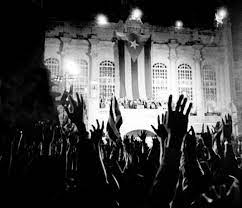
With their active and permanent surveillance work, the CDRs have decisively contributed to disrupting the aggressive plans and slanderous campaigns of the elements that tried to turn back the achievements of the Revolution.
The members of this organization have also actively participated in carrying out other important tasks.
The CDR is the largest mass organization in the country.
1990. The playwright José Ramón Brene dies.
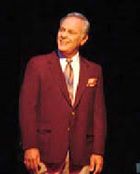
He was one of the most important playwrights of the Cuban theater. He begins with the play Santa Camila de La Habana Vieja, which was his first great public success.
This staging had a great sense of humor and thus the best of the line of vernacular theater was recovered.
The repercussion and the success obtained turned it into a classic exponent of the dramaturgy of the revolutionary period.
It had an overwhelming public success and more than 20,000 viewers in its first season.
Brene was also the author of more than three dozen works.
His birth took place in the city of Cárdenas, province of Matanzas, on May 1, 1927.
2012. Professor Delio Carreras Cuevas dies.
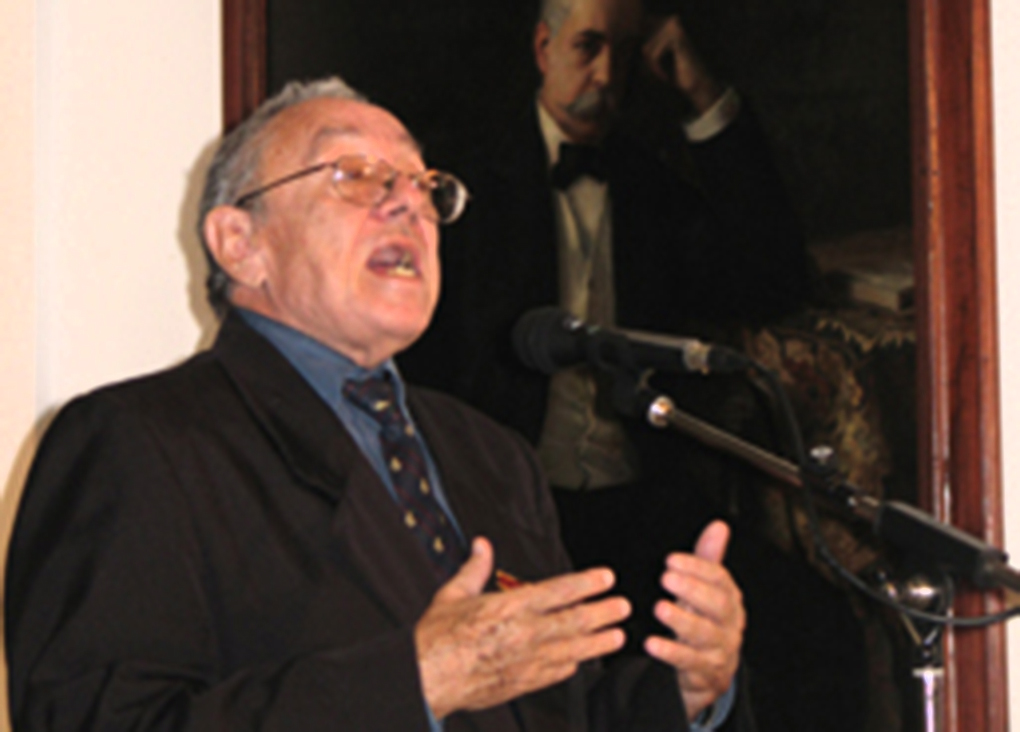
He was Professor Emeritus at the University of Havana. He was Head and Consultant of the universities of Cuba, Mexico, Brazil, Germany, Spain, Austria, Angola, Italy, Ecuador and Peru. He was also an Honorary Member of the Union of Jurists of Cuba.
The contributions that he offered to national and international university teaching were numerous, among them, the published pedagogy books are recognized.
His birth took place in the city of Santa Clara, then province of Las Villas, on September 4, 1937.